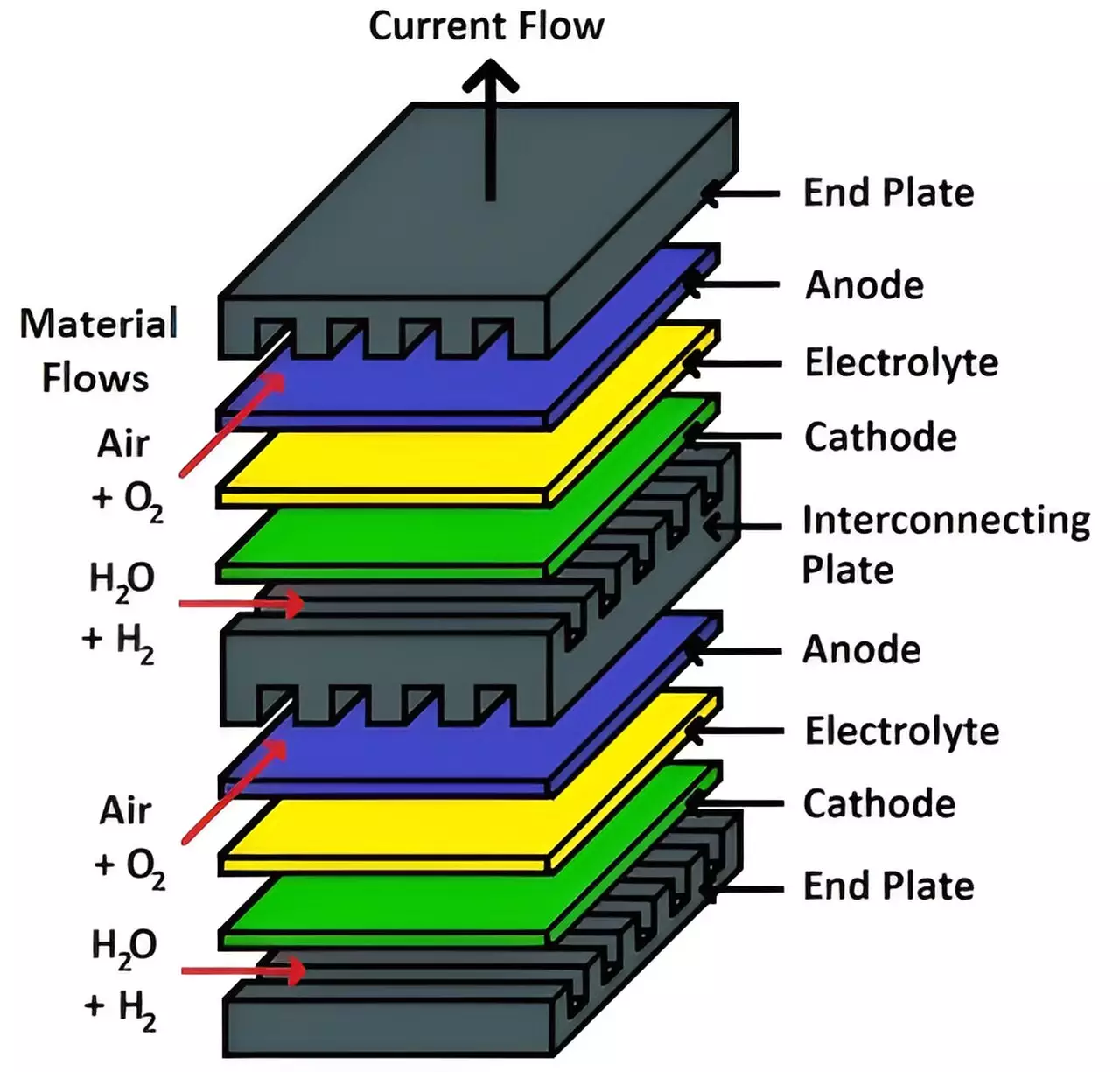As the world grapples with the pressing need to transition towards sustainable energy sources, innovations that involve advanced nuclear technology are emerging as potential game-changers. A recent study by experts from the National Nuclear Laboratory (NNL) sheds light on the feasibility of harnessing nuclear energy for hydrogen production, heralding a potential revolution in our energy infrastructure. This article delves deep into this transformative research and its implications for a sustainable future.
The urgency to combat climate change has prompted nations worldwide, particularly the UK, to commit to ambitious net-zero emissions targets by 2050. In this context, hydrogen fuel stands out as a promising alternative, especially hydrogen-derived fuels, which can significantly reduce carbon emissions across multiple sectors. According to Mark Bankhead, Chemical Modeling Team Manager at NNL, nuclear energy forms a crucial link in the hydrogen production chain, similarly to how renewable energy sources have begun to reshape our energy portfolios. With the rising need to meet energy demands sustainably, nuclear-coupled hydrogen production has emerged as a compelling avenue worth exploring.
The NNL’s research utilized pioneering quantitative modeling to evaluate the techno-economic viability of nuclear-assisted hydrogen production. The innovative model developed in the study operates in two distinct phases. Initially, it simulates the physical and chemical processes involved in various hydrogen production technologies. Importantly, this aspect of the model focuses on providing an efficiency rating, defined as the amount of hydrogen generated per unit of energy consumed—a crucial metric for assessing economic viability.
In the second phase, the model integrates this efficiency metric with economic variables, allowing researchers to determine the price point for hydrogen based on the necessary capital and operational expenses of a hydrogen production facility. This dual focus not only enhances the understanding of the technologies’ performance but also allows for informed predictions about the future state of hydrogen production as advancements in technology evolve.
Research findings suggest that hydrogen can be produced through high-temperature steam electrolysis and thermochemical cycles, each with distinct operational requirements. High-temperature gas reactors (HTGRs) form the crux of this model, providing the necessary heat and electricity for both production methods. The model estimates that high-temperature steam electrolysis can offer competitive production costs ranging from £1.24 to £2.14 per kilogram of hydrogen when linked to HTGRs, while the thermochemical process presents costs between £0.89 and £2.88 per kilogram.
One key takeaway from this modeling is the competitive nature of nuclear-powered hydrogen production in comparison to other low-carbon technologies. Unlike many alternatives grappling with high costs or inefficiencies, results indicate that nuclear energy stands as a stable and economically viable source for hydrogen generation, which is particularly vital as we move toward decarbonization.
Despite the promising results, challenges remain on the road to optimizing these technologies. The research notably highlights the need for ongoing advancements in the efficacy of hydrogen production processes. Christopher Connolly, the lead author of the study, emphasizes the importance of accurately modeling the kinetic factors that govern chemical interactions in hydrogen production. Access to reliable data and improving material properties are crucial hurdles that must be overcome as the technology matures.
Moreover, the potential scalability of nuclear technology presents a further benefit. Unlike many renewable sources that can be intermittent, nuclear power provides a continuous energy supply, which can enhance the efficiency of hydrogen production without the excessive need for storage solutions. This reliability can significantly mitigate production costs, bolstering the economy of hydrogen fuels.
Looking towards the future, the development of a high-temperature gas reactor is already underway in the UK, with a demonstrator planned for the 2030s. The ongoing evolution and integration of hydrogen production with advanced nuclear technology could pave the way for a groundbreaking shift in how we approach energy production. As we aim for net-zero emissions, the promise of nuclear-powered hydrogen production presents a tantalizing solution, merging reliability with ecological responsibility.
As the global energy landscape continues to evolve, coupling nuclear power with hydrogen production emerges as an essential strategy for achieving sustainable energy goals. With significant research and innovative modeling indicating a path forward, it could soon be possible to envision a world where hydrogen, produced economically and cleanly by nuclear energy, becomes a cornerstone of our energy framework.


Leave a Reply